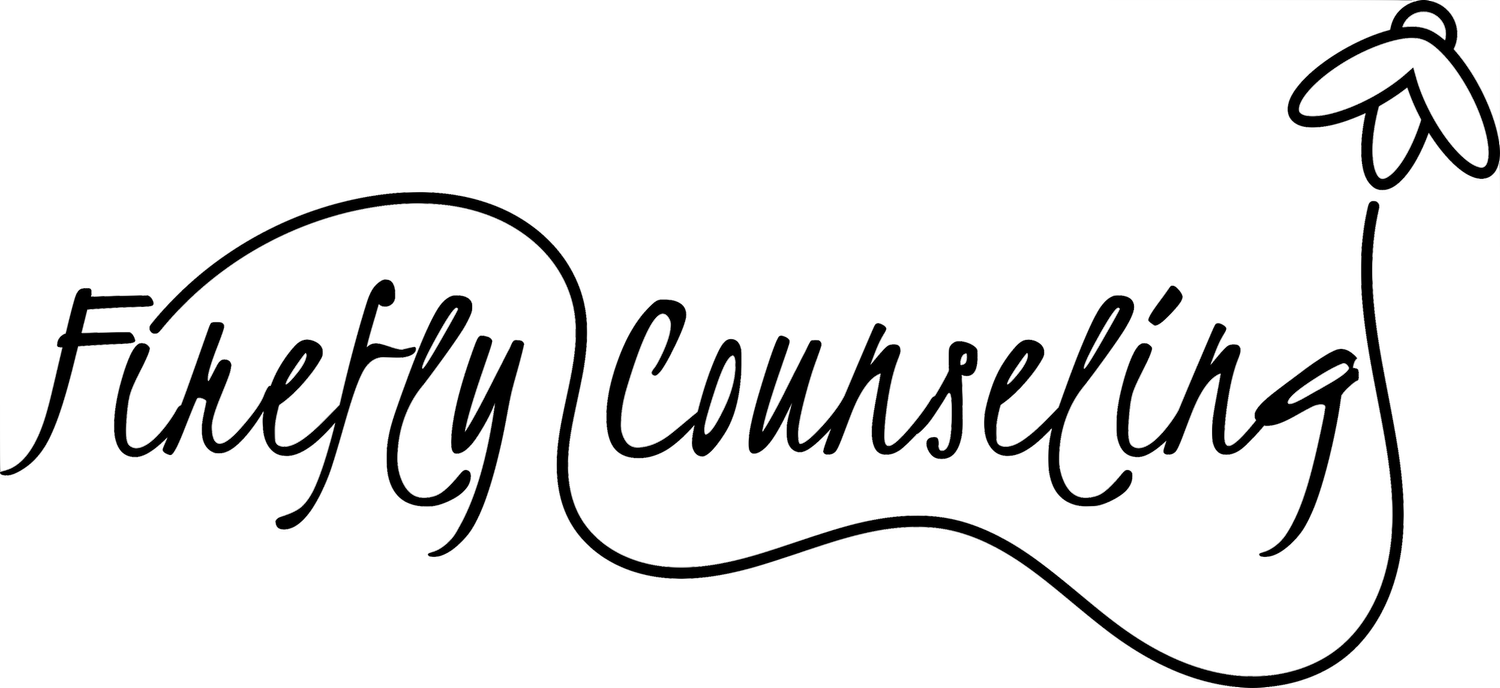Here's What to Do if You Hate Your Job So Much it Gives You Anxiety
Takeaway: Your career can be a crucial part of your identity, and it can also contribute to stress and anxiety. In this post, we’ll explore common reasons why you might hate your job so much. Plus, I’ll share my favorite strategies for how to cope.
If you've experienced anxiety firsthand, you know how uncomfortable and overwhelming it can be. The racing thoughts, the nonstop worry, and the difficulty relaxing can consume you. Plus, the toll it takes on your physical health can leave you feeling totally depleted.
As a therapist who specializes in counseling for work stress, this experience is all too common—especially for professional women. The unique pressure that women face both at home and in their careers can contribute to significant workplace stress and even clinical anxiety.
Thankfully, there are steps you can take to protect both your mental and physical health. Here, we'll explore ways that you can make it work in a job that you hate. I'll also share tips for navigating a career change if you ultimately choose to leave your job.
While you may feel stuck right now, it doesn't have to be this way forever. My goal is for this guide to give you the expert advice you need to find hope that things will get better.
Let's dive in.
Why do I hate my job so much?
Several different factors can contribute to job satisfaction (or dissatisfaction). The reasons you hate your job are probably complex and dependent on your specific role, work environment, and career goals, in addition to personal factors like mental health history, relationships, socioeconomic status, and more.
At the same time, there are many common reasons why people hate their jobs. Here are just a few.
Mismatch in values. If you've found yourself in a career that doesn't align with your core values, you may experience dissatisfaction. While your current role doesn't necessarily need to be your dream job, feeling disconnected from your work can breed burnout.
Toxic workplace. Your workplace culture can have a significant impact on your well-being. Lack of support from management, a manipulative boss who insists that you and your coworkers are a "family," and sexism are just a few of the ways that work culture can contribute to poor mental health.
Inadequate compensation. Lack of proper compensation can, of course, put financial strain on you and your family. However, it can also impact your mental health. Not being compensated fairly can make you second-guess your worth.
Impacts on personal life. If your job is draining or demanding, you may feel totally exhausted by the time you get home. Maybe it even takes you the whole weekend to recover. Without having the energy to fully engage in your personal life, you won't have the opportunity to recharge.
Remember, these are just a few of the reasons why you may hate your job. Your experience is valid whether any of the reasons above resonate with you or not.
I hate my job so much it gives me anxiety. What should I do?
Whether you need to stay in your job that you hate or you're considering a career change, these strategies can help.
Coping strategies for staying in your job
If you hate your job, you might feel desperate for something to change. However, this can be easier said than done. You may not have the option to change your job right now. If so, these tips can help you cope with the stressors in your current position.
Practice assertive communication.
Is there anything you can ask for in your current position that will help you feel more valued or connected to your work? Oftentimes, women have been conditioned to avoid asking for things or "making a big deal" out of something. I'd like to challenge that thinking and encourage you to be clear about what you want and need to succeed!
Protect your personal life.
There's a reason why work-life balance is discussed so often: it's crucial for your well-being. Of course, there are plenty of factors that can make it difficult to fully engage in your life outside of work, but I highly recommend making the most out of your personal time.
If at all possible, avoid things like checking email on the weekends. It may also help to have a set routine after work to help you transition from career mode to personal mode.
Focus on what you can control.
You may not be able to control the work culture, your manager's style, or your specific job duties. However, there are likely some things you can control in your current role.
Can you say no to outside-of-work activities (like drinks after work) with coworkers you don't actually like? Can you shut your office door to focus on your job duties instead of feeling pressure to make conversation with everyone who walks by?
These are just a few small examples of how you can exert control around work.
Use coping strategies.
Skills like progressive muscle relaxation (try this script), breathing exercises, or brief guided meditations can help you manage work-related anxiety. While they don't necessarily get at the source of anxiety, they can ease your symptoms and help you get grounded during extra-stressful moments.
Navigating career transitions
If you've decided to make moves toward leaving your current position, these tips can help you navigate a career transition with more ease.
(P.S. Not sure whether to stay or leave? Check out my blog post "Anxiety at Work: When to Quit & When to Work Through It" for some guidance.)
Reflect on your values.
When you're starting your job search, I encourage you to be honest with yourself about what your values are. Maybe you feel pressure to maintain a high-powered career even if you're not actually passionate about what you're doing.
However, if your personal values align with a role that may be less prestigious, it could be worth considering making the switch.
Sell yourself.
During the job hunt, you'll need to sell yourself to potential employers. This can be hard for anyone, but it may be especially difficult if you struggle with anxiety. You may tend to second-guess your abilities, particularly when transitioning to a new job.
However, this is a great time to celebrate all of the amazing skills you possess! Presenting yourself with confidence may even boost your chances of getting a new job lined up.
Prioritize your needs.
If you feel guilty about putting your needs first, you're not alone. Many of the women I work with struggle with this. But if you're constantly thinking about what your coworkers need or what the people in your personal life will think if you switch jobs, you're doing yourself a disservice.
Only you need to live with the decisions that you make. Ultimately, I encourage you to make choices that align with your personal values, even if other people don't understand or agree.
A therapist's perspective on work-related anxiety
Hopefully, my strategies can help you cope with the negative emotions that come with hating your job or give you the confidence you need to land a new role.
At the same time, I also want to acknowledge that these strategies likely won't eradicate anxiety (or other mental health issues associated with workplace stress and burnout).
It can be tempting to blame your career as the ultimate cause of your problems. While your job can certainly contribute to anxiety, it may exacerbate existing anxiety. In other words, leaving your job may not solve your issues once and for all.
If you struggle with stress, anxiety, panic attacks, or burnout related to work, I highly recommend getting support from a mental health professional. Therapy can help you get to the root of your emotions instead of seeking a band-aid fix that may not be sustainable or effective in the long run.
Plus, a therapist can give you personalized insights and coping strategies that are based on your unique needs, values, and goals.
Get the support you need to show up with confidence in your career.
Ready to break free from work-related anxiety? I'm here to help. I specialize in anxiety counseling, and I'm passionate about helping professional women in Minnesota and Wisconsin find fulfillment in both their careers and their personal lives.
If you'd like to learn more about what working together could look like, I invite you to reach out for a free consultation. I look forward to hearing from you!



